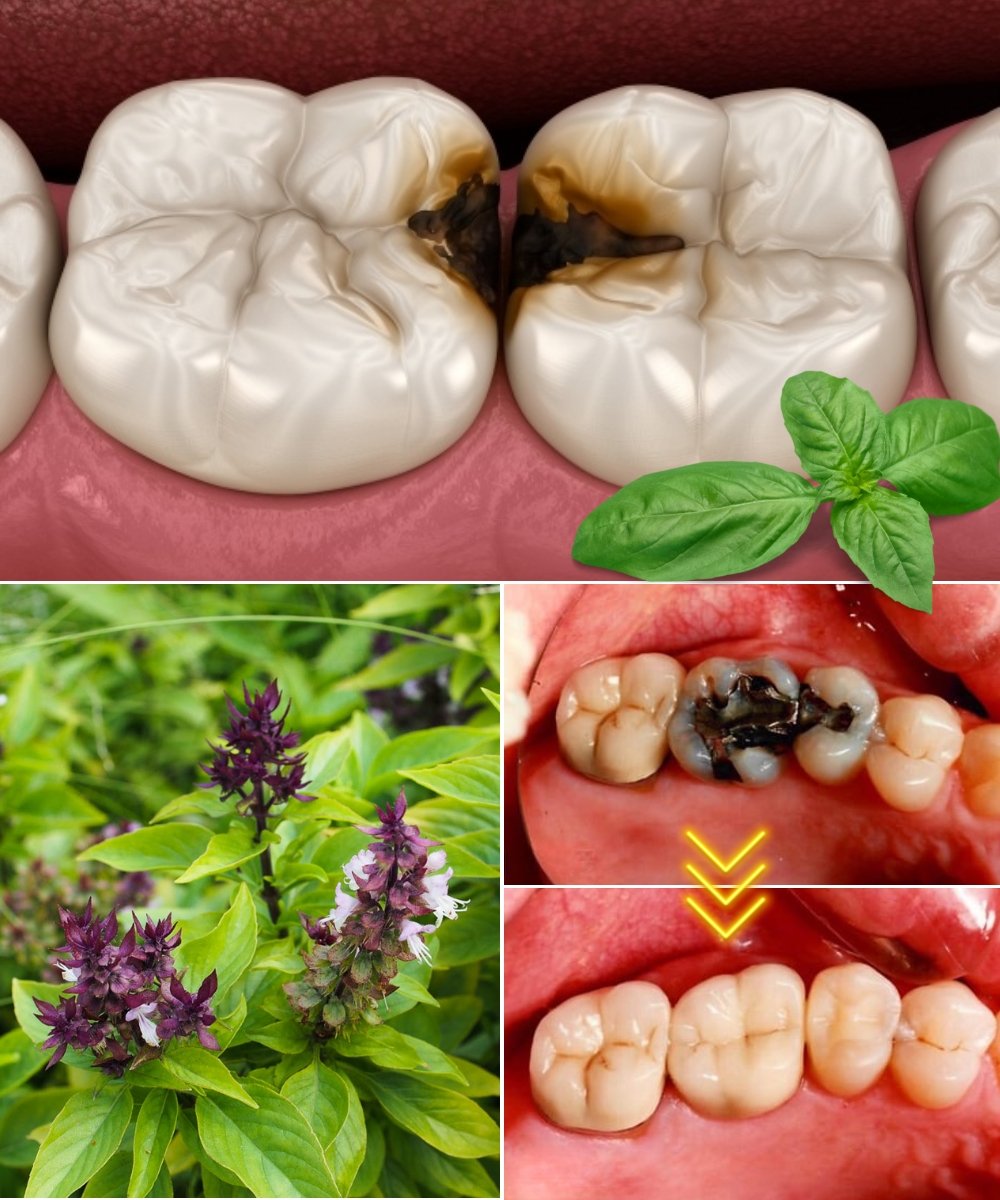The Benefits of Holy Basil (Tulsi) for Better Oral Health
Oral health is a vital part of overall well-being, and more people today are turning to natural remedies to maintain a healthy mouth. Holy Basil, also known as Tulsi, has long been celebrated in traditional medicine for its powerful healing abilities — including its benefits for dental care. This article explores how Tulsi can help prevent cavities, support gum health, eliminate bad breath, and strengthen teeth naturally.
What Is Holy Basil (Tulsi)?
Holy Basil (Ocimum tenuiflorum) is a sacred plant native to India and a member of the mint family (Lamiaceae). Used for centuries in Ayurvedic medicine, Tulsi is known for its antibacterial, antifungal, and anti-inflammatory properties. Beyond its culinary uses, this remarkable herb has become a trusted ally in natural oral care due to its ability to fight harmful microbes and protect dental health.
Key Benefits of Holy Basil for Oral Health
1. Fights Dental Cavities
Cavities are caused by bacteria that produce acids, eroding the tooth enamel. Tulsi’s natural antibacterial compounds help reduce these harmful bacteria, preventing plaque buildup and tooth decay. Rinsing your mouth with Tulsi extract or chewing the leaves can act as a natural defense against cavities while keeping your mouth fresh and clean.
2. Improves Gum Health
Gum problems like gingivitis or bleeding gums often result from inflammation and bacterial infections. Holy Basil’s anti-inflammatory and antimicrobial effects can soothe swollen gums, reduce bleeding, and promote faster healing. Regular use can strengthen gum tissues and maintain a balanced oral microbiome.
3. Freshens Breath Naturally
Bad breath (halitosis) is often caused by bacterial activity in the mouth. Tulsi leaves contain essential oils that neutralize odor-causing bacteria and leave your breath fresh. Chewing a few leaves after meals or using a Tulsi mouth rinse can be an effective natural deodorizer.
4. Strengthens Tooth Enamel
Tulsi’s antioxidant compounds help protect tooth enamel from acid erosion and damage caused by sugary foods or drinks. By supporting remineralization, Holy Basil can enhance enamel strength, contributing to whiter and healthier teeth over time.
How to Use Holy Basil for Dental Care
1. Natural Mouthwash
Boil a handful of Tulsi leaves in a cup of water for about 10–15 minutes. Allow it to cool, strain, and use it as a mouth rinse twice daily. This simple solution helps eliminate bacteria, soothe inflammation, and maintain fresh breath.
2. Chewing Fresh Leaves
Chewing 2–3 fresh Tulsi leaves after meals not only combats odor but also strengthens gums and teeth. It’s a convenient, on-the-go way to keep your mouth clean and refreshed naturally.
3. Homemade Toothpaste
Create a DIY toothpaste by crushing fresh Tulsi leaves and mixing them with coconut oil and a pinch of baking soda. Brush your teeth with this mixture to benefit from its antibacterial power and gentle whitening properties.
Precautions and Tips
While Holy Basil is generally safe for daily use, it should complement — not replace — professional dental care. Always maintain a routine of brushing, flossing, and regular dentist visits. If you have pre-existing dental conditions or allergies, consult your dentist before adding Tulsi-based remedies to your routine.
Conclusion
Holy Basil (Tulsi) is a powerful natural ally for oral hygiene. From preventing cavities and gum issues to eliminating bad breath and strengthening enamel, Tulsi offers a holistic approach to dental care. By incorporating this sacred herb into your routine, you can enjoy a cleaner, fresher, and healthier smile — naturally.

















